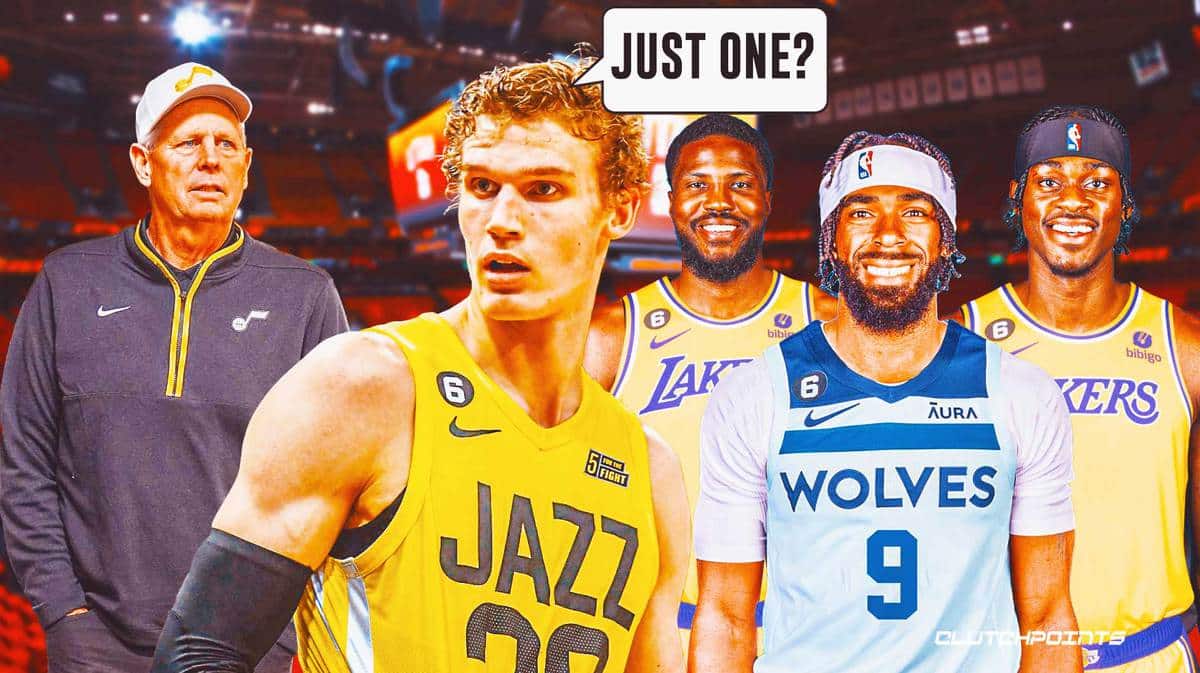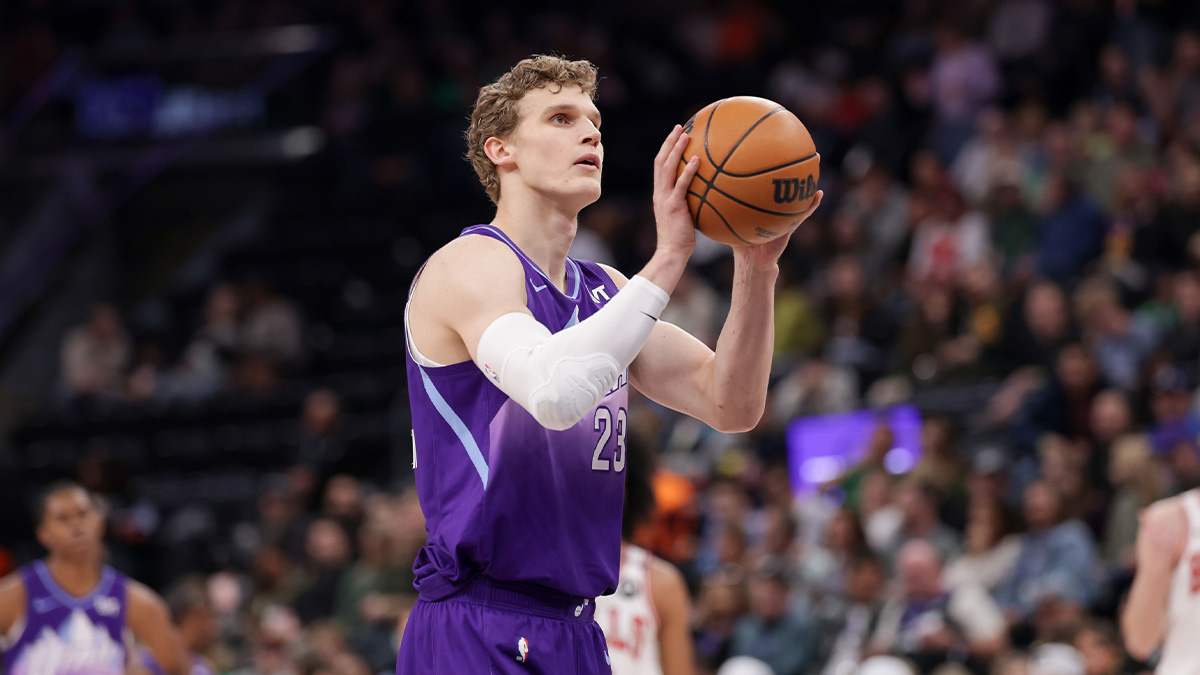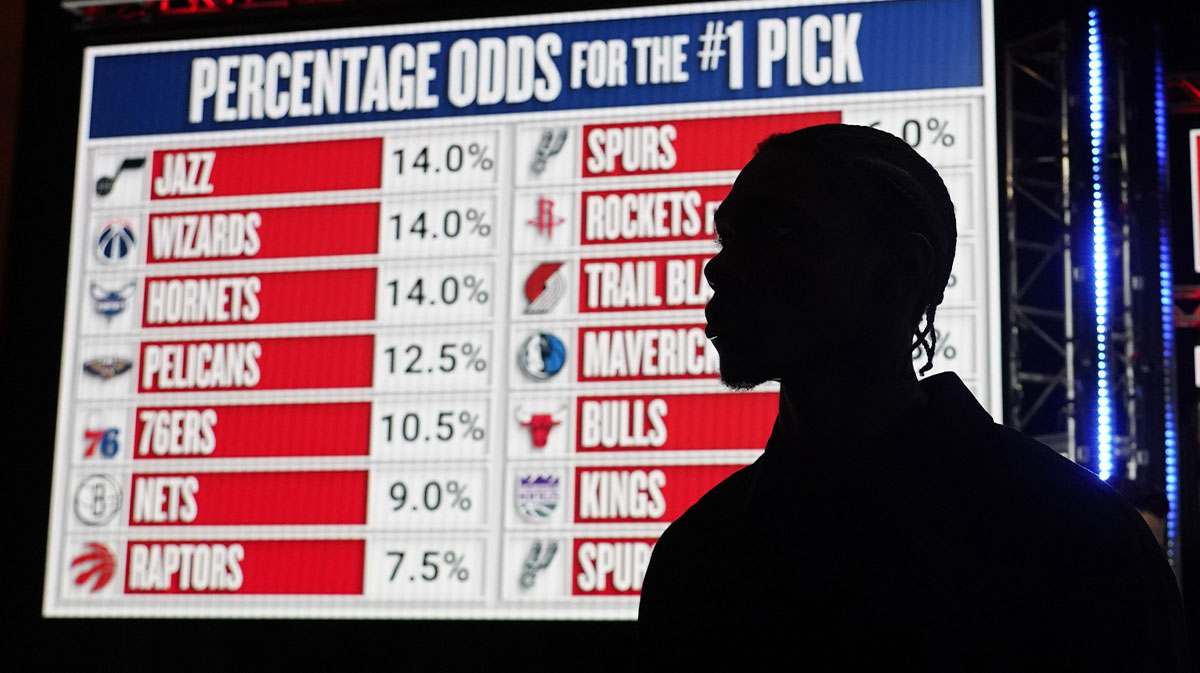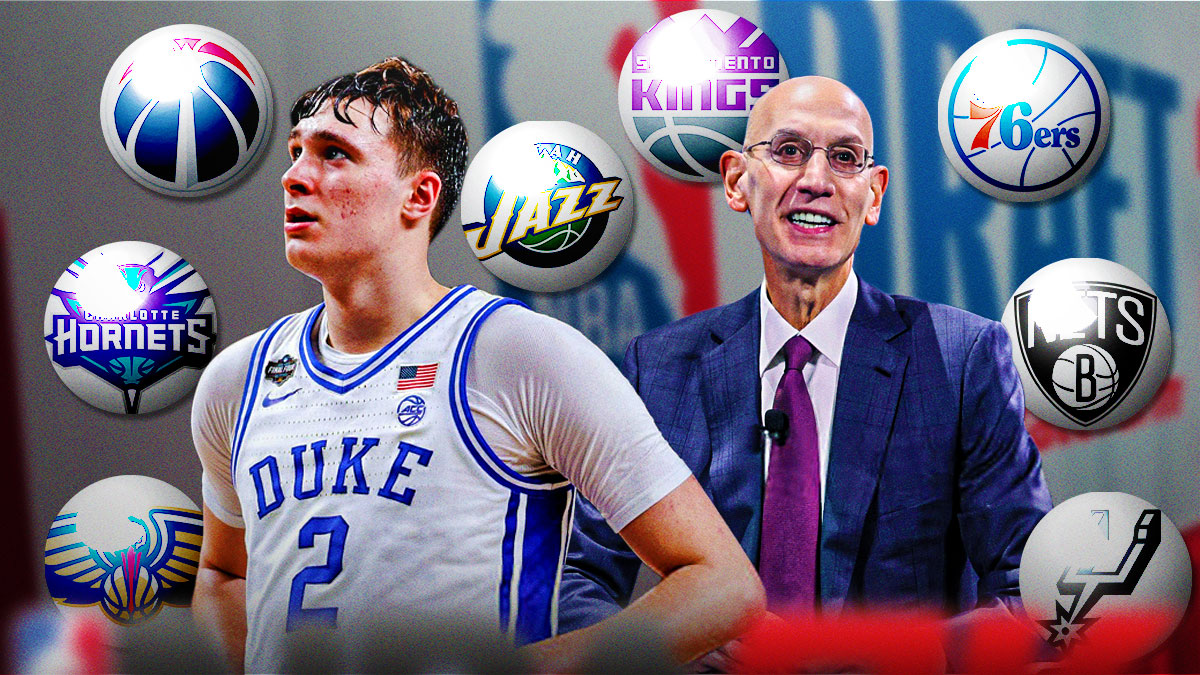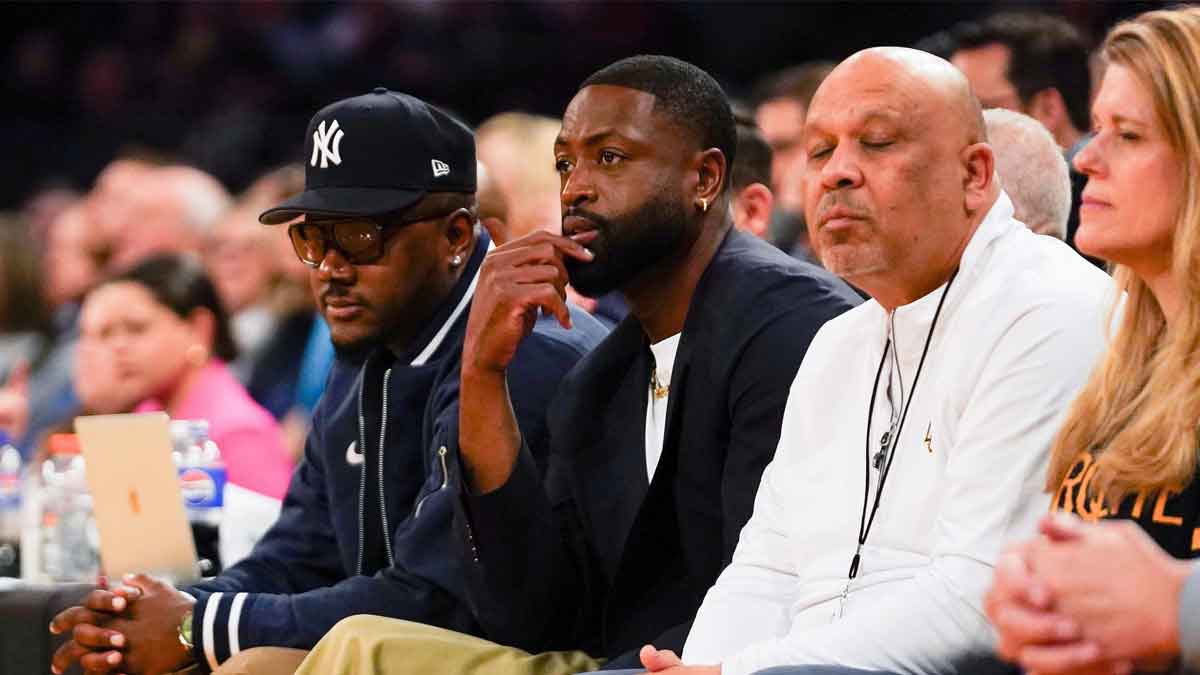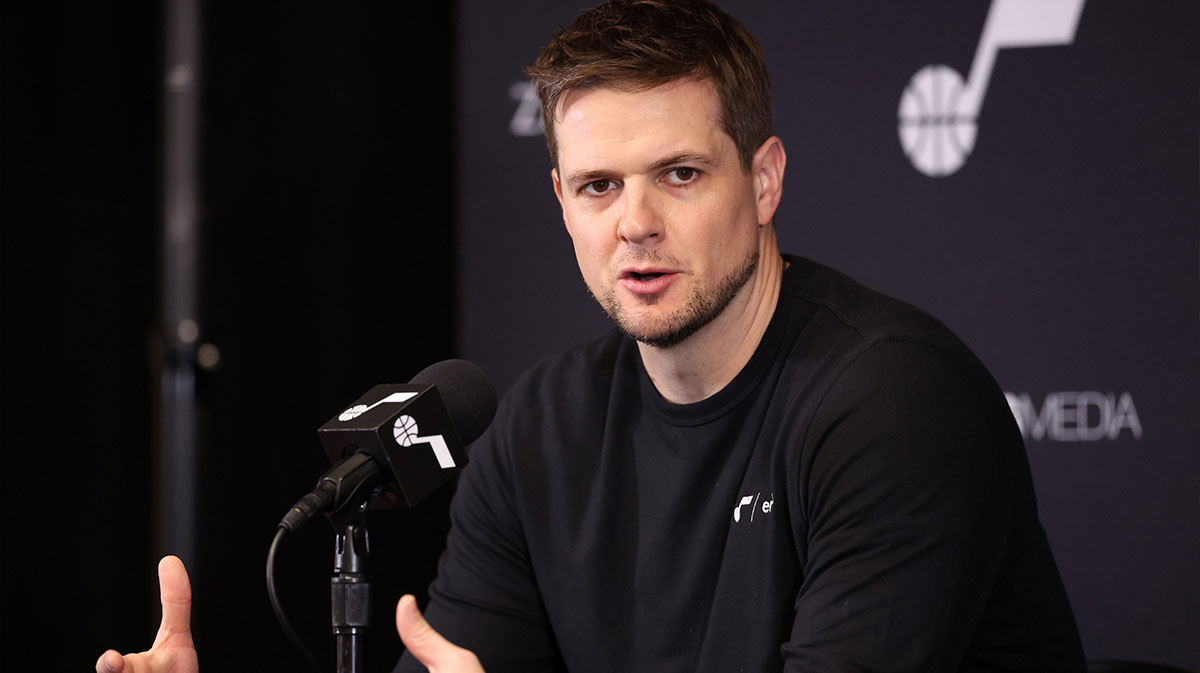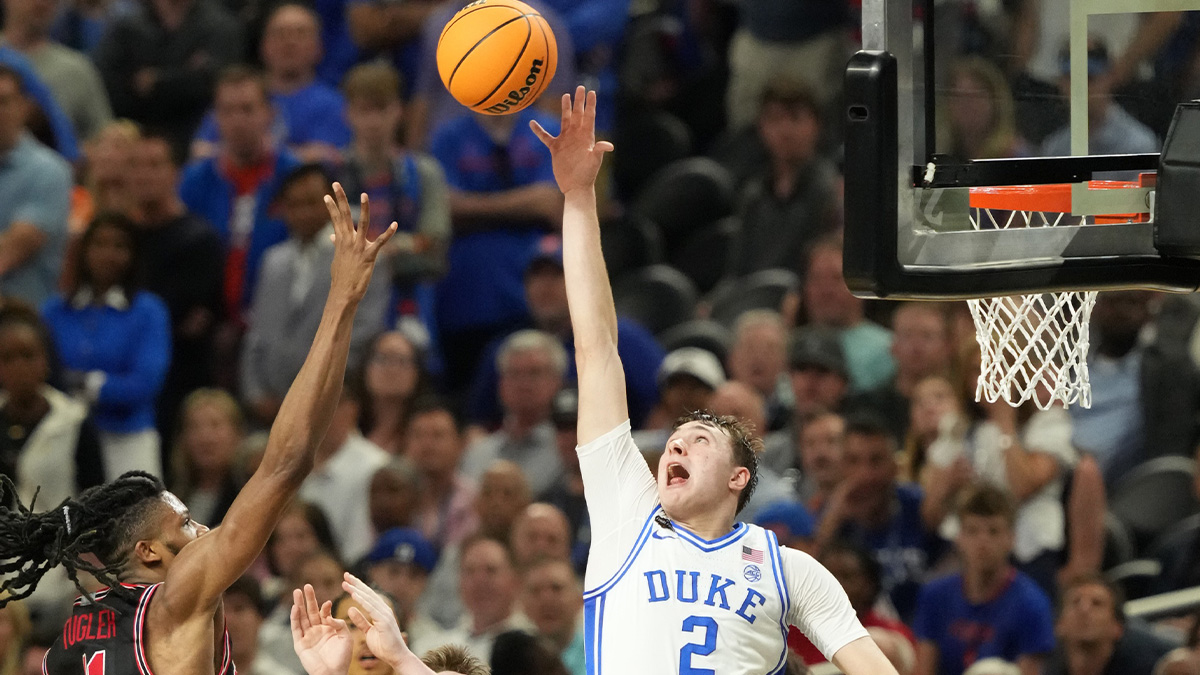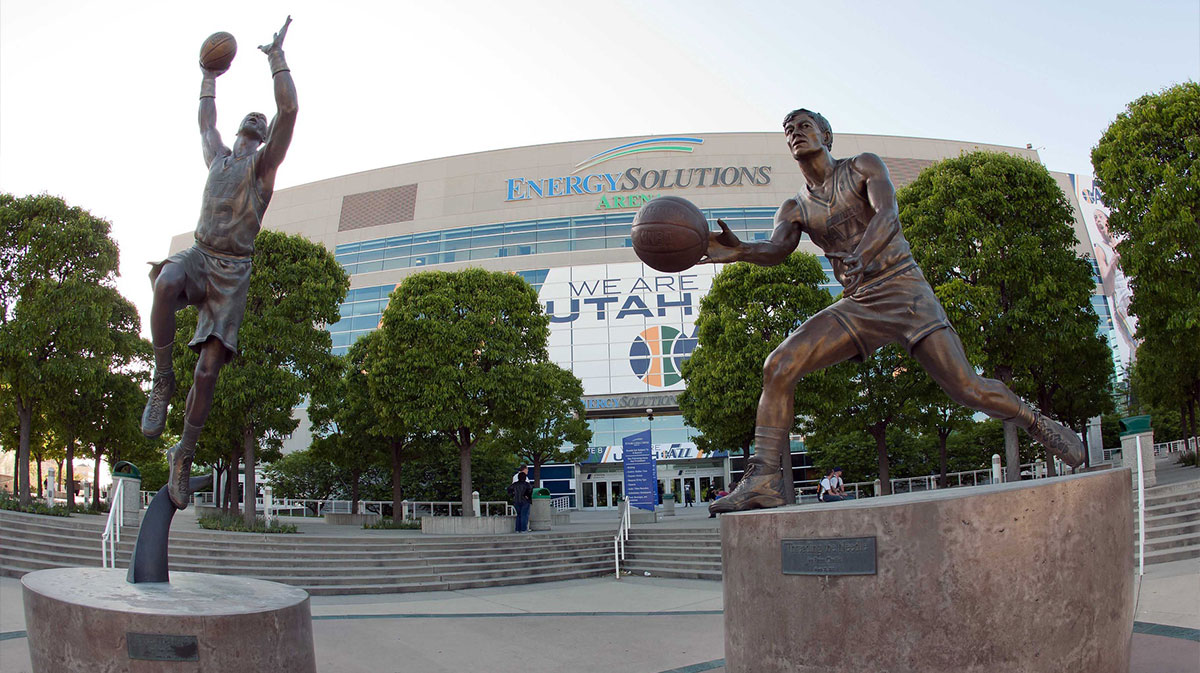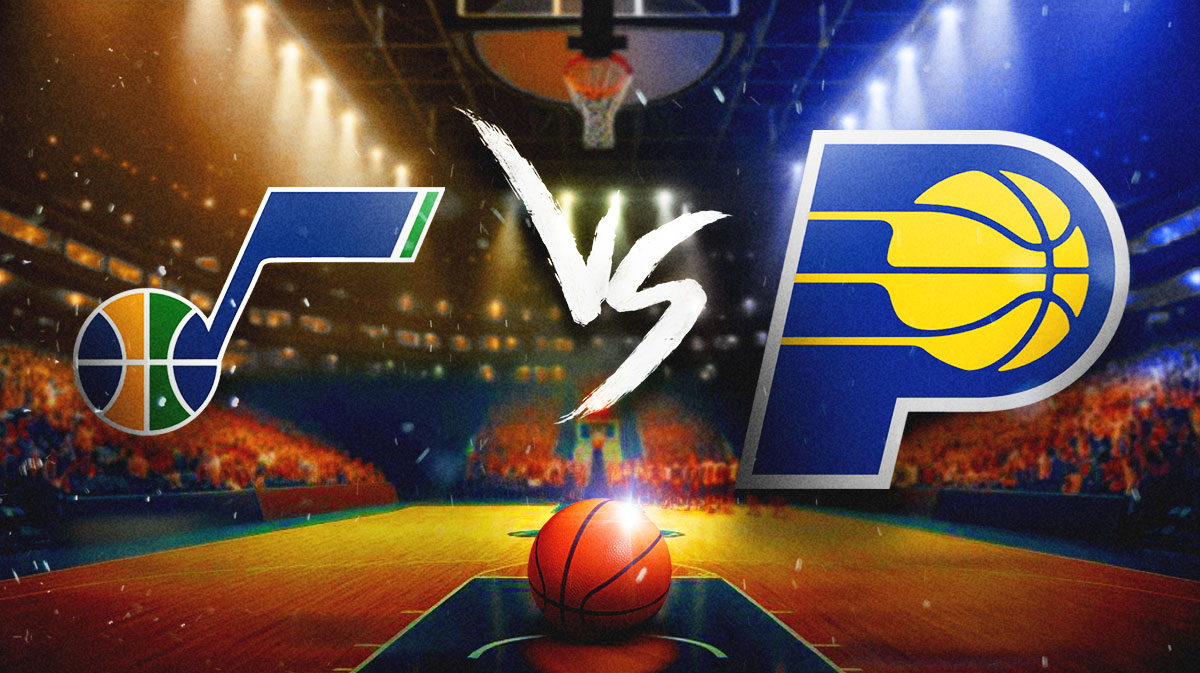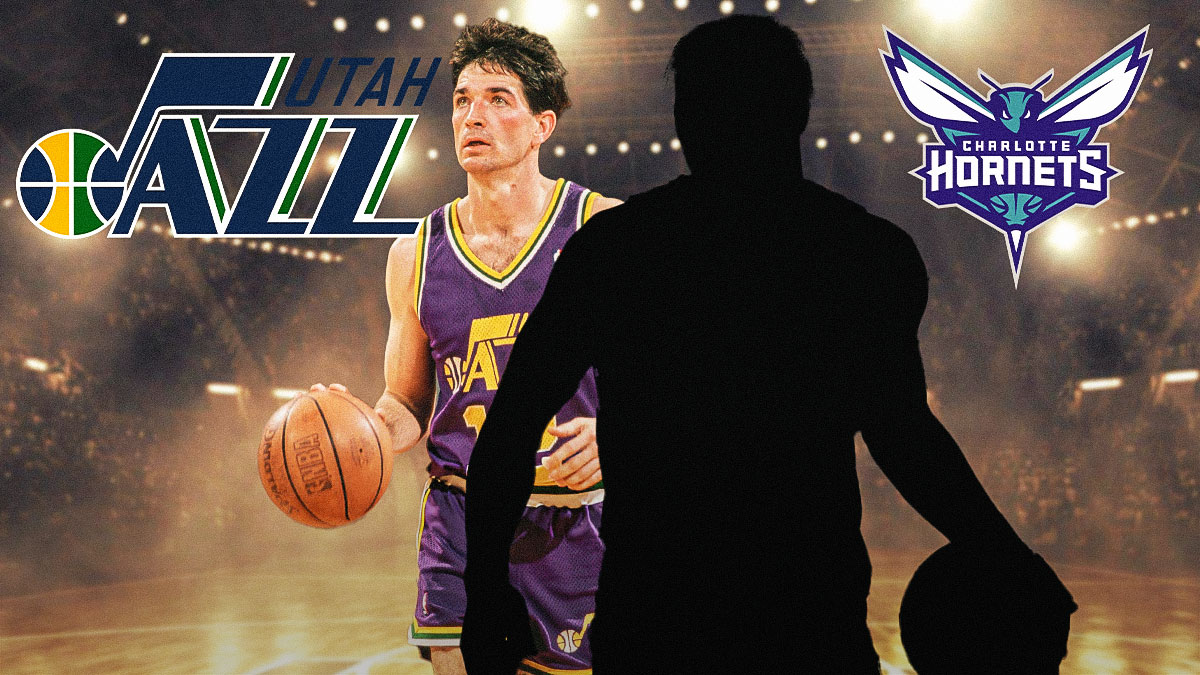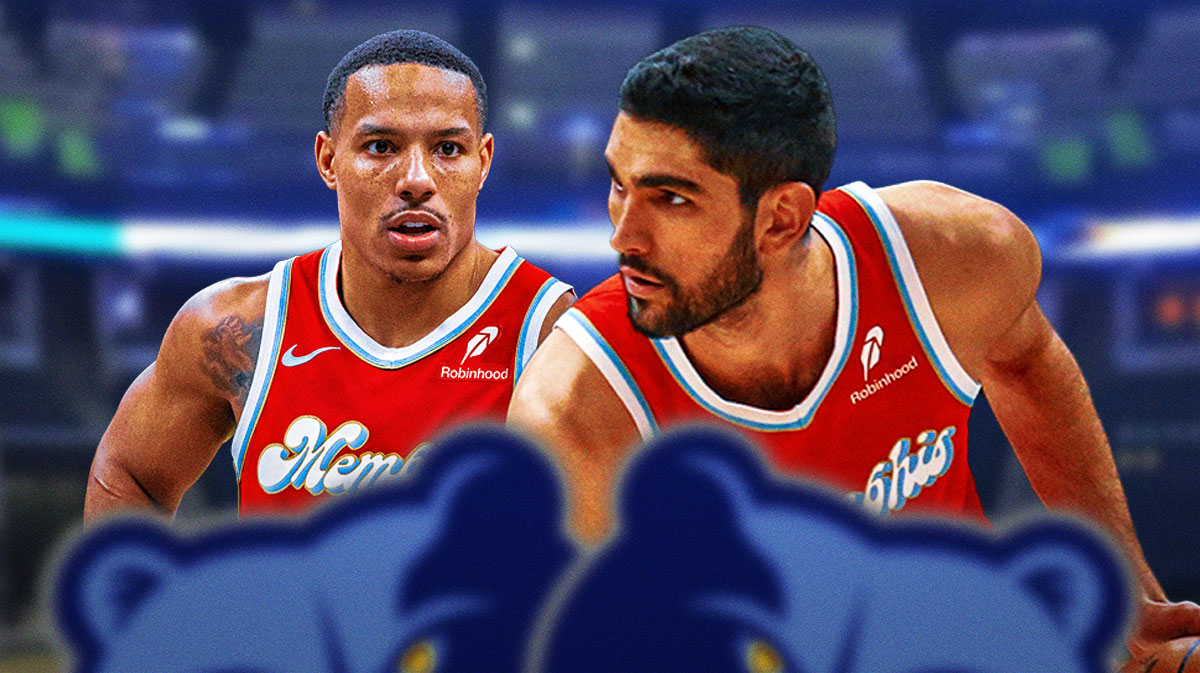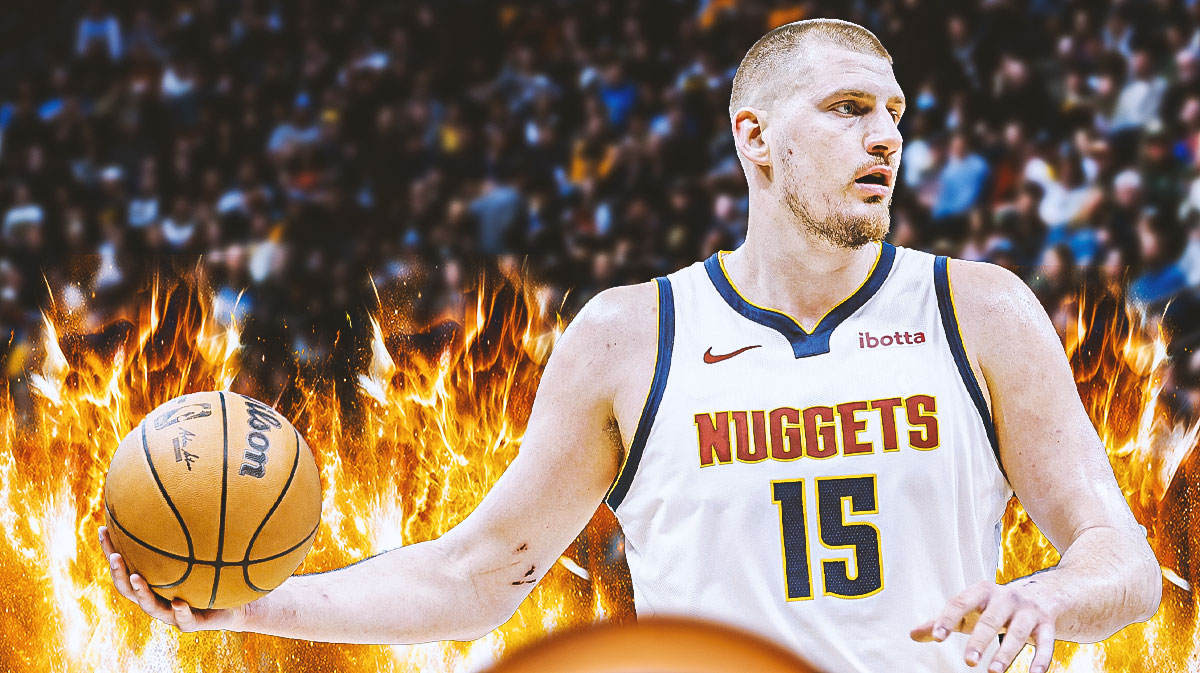For much of the 2022-23 campaign, plenty of fans and pundits expected that it was only going to be a matter of time until the Utah Jazz would sell off pieces that would make much more sense on a team with contending aspirations. After all, many expected the Jazz to fall off a cliff after trading away Donovan Mitchell and Rudy Gobert, the two cornerstones of their recent contending iterations.
However, Lauri Markkanen, Jordan Clarkson, and the rest of the unheralded Jazz came out of the gates scorching hot; their blistering beginning to the 2022-23 season led plenty to think that the inevitable fire sale may not be so inevitable after all. Slowly but surely, however, the Jazz cooled down and trade rumors grew louder and louder.
They were in as good a position as any other team in the NBA to add even more draft capital to their already-enviable asset stash. And for a team with Danny Ainge as part of its brain trust, it was just a matter of time before the dominos fell in Salt Lake City.
And the dominos fell indeed. The Jazz pulled off one of the biggest trades prior to the 2023 NBA trade deadline when they sent away Mike Conley to the Minnesota Timberwolves and Malik Beasley and Jarred Vanderbilt to the Los Angeles Lakers, getting the expiring contract of Russell Westbrook and a top-four protected 2027 first-round pick from the Lakers in return.
Given the Jazz's offseason coups, however, it's hard to feel like the Jazz came out on top of that trade as much as they could have. Freeing considerable future cap space is helpful for sure, and the Lakers' pick could turn out to be pretty valuable. But it feels like they left something on the table there.
Here is the biggest mistake the Jazz made prior to the 2023 NBA trade deadline.
Jazz's biggest mistake: Settling for one first-round pick
Some fans may argue that not trading away Jordan Clarkson and Kelly Olynyk was their biggest mistake, especially after the Jazz jettisoned almost all of the veterans that played a crucial part in their hot start. Clarkson will be a free agent in a few months' time, and the Jazz will be selling high on the explosive scoring guard amid a season where he's posting career-bests in points and assists per game.
Meanwhile, Olynyk could draw interest from other teams not only due to the highly connective nature of his all-around game, but also due to the fact that his contract for the 2023-24 campaign is not fully guaranteed.
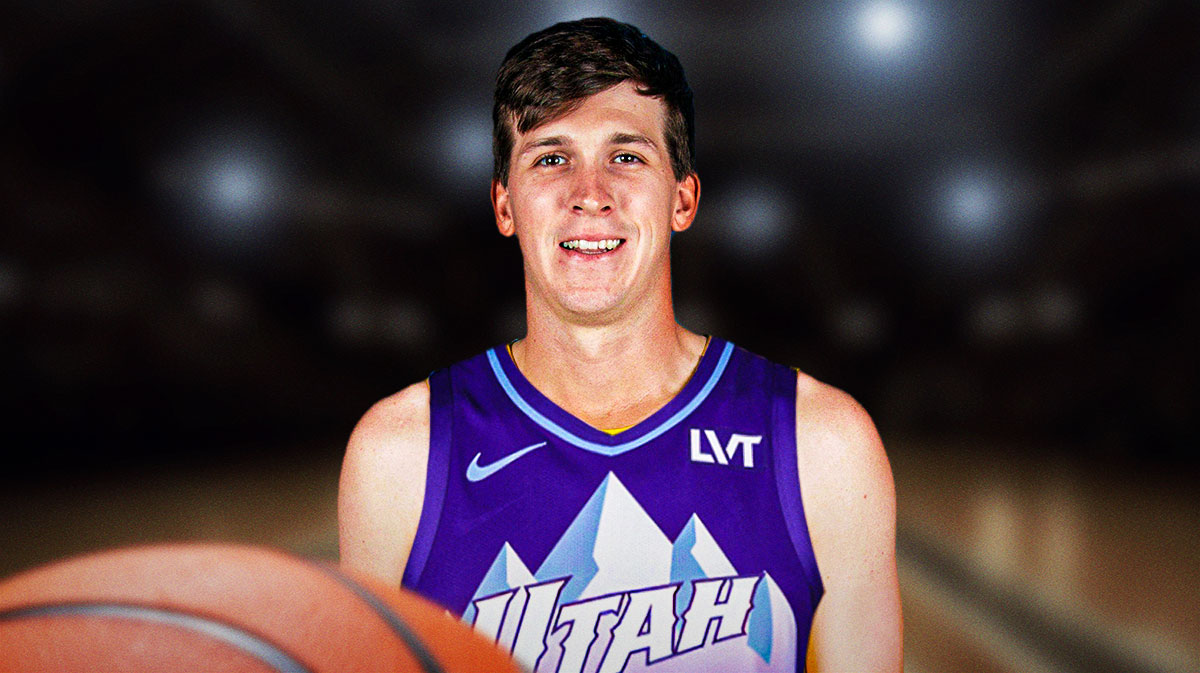
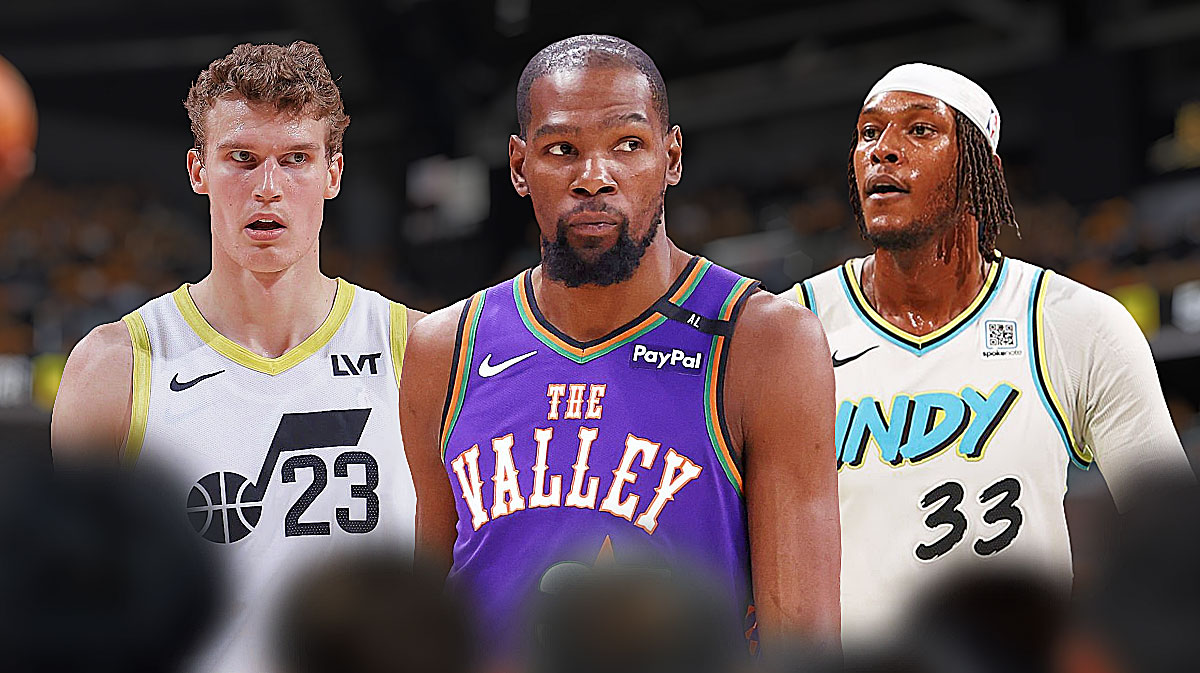
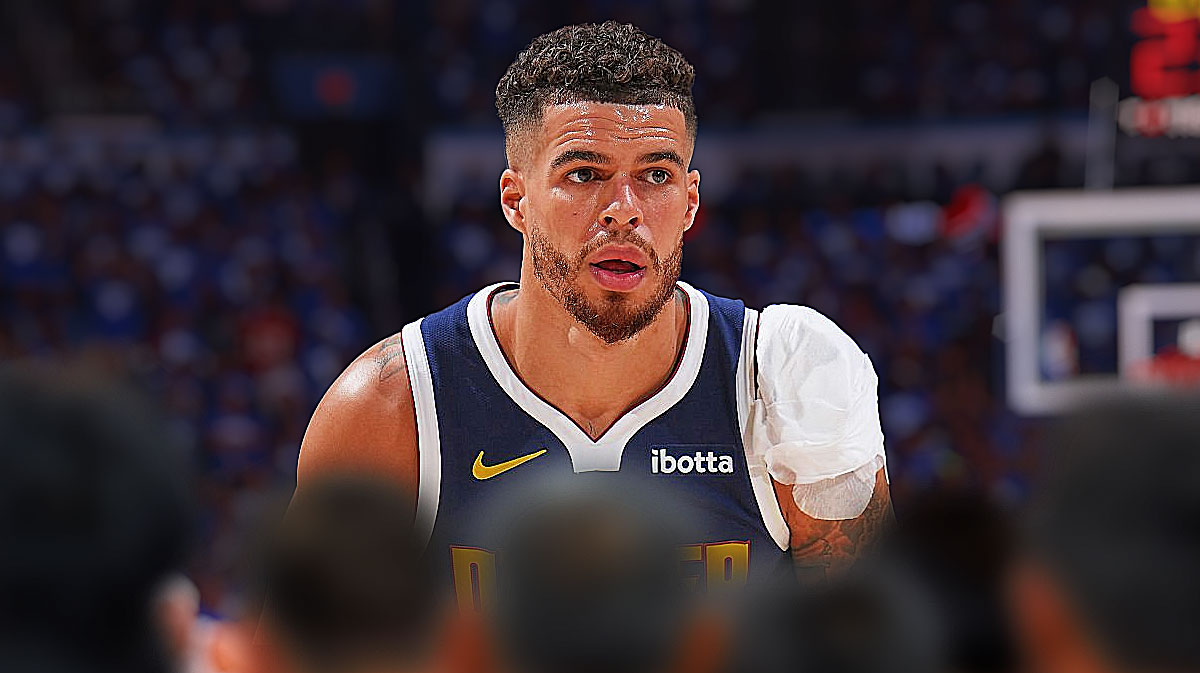
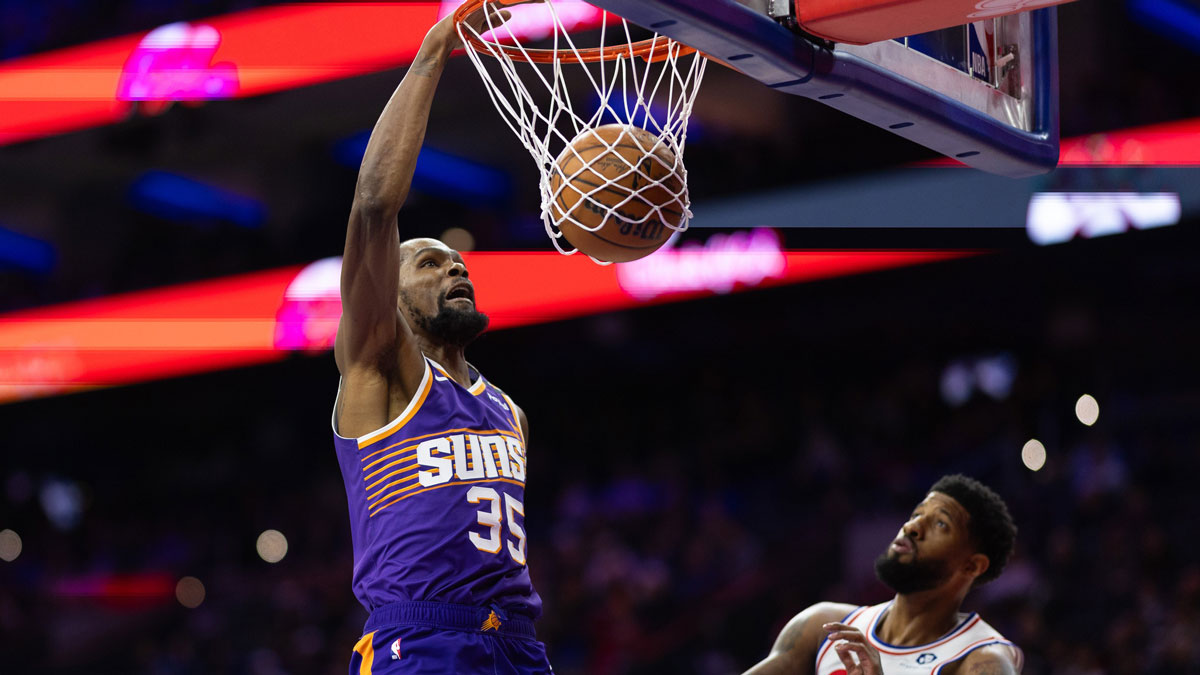
Even then, the Jazz appear confident in their chances of re-signing Clarkson. Moreover, there is still value in keeping a few solid veteran pieces around Lauri Markkanen and company, especially when they're still right in the thick of the playoff race. Thus, deciding not to trade away these two isn't the worst outcome in the world.
Jazz fans should find themselves wondering, however, about how in the world did they end up with just a single first-rounder in exchange for Mike Conley, Malik Beasley, and Jarred Vanderbilt, especially when the Lakers didn't have strong leverage over the Russell Westbrook situation.
Sure, Conley's contract isn't particularly team friendly. The Jazz may have needed to attach draft compensation so they could rid themselves of his huge deal. Thus, getting a pick in a deal involving the 35-year old veteran could be a major win on its own.
However, there were plenty of reports stating that a lot of teams expressed their willingness to send a first-rounder for Malik Beasley alone. That is understandable, given Beasley's midsized contract and the plug and play nature of his catch-and-shoot game. Jarred Vanderbilt could have netted a first-rounder as well, given his defensive versatility and cheap contract.
Thus, it's understandable if some fans feel disappointed about netting just one first-round pick when all the NBA trade deadline dust has settled. The Lakers may be putrid in 2027 since LeBron James would be 43 by then. There aren't even any guarantees that he would end his career in purple and gold. The Jazz may have preferred to get as high value a first-rounder as they could.
But in a similar “nothing is guaranteed” vein, the Lakers could become a good team too in four years. After all, superstars will always be willing to play for the team in perhaps the most attractive market in the NBA. Thus, hedging their bets by focusing on quantity, not particularly quality, of draft picks, might have been the better play.
Nevertheless, the direction the Jazz took isn't egregious at all. Their front office has definitely earned the benefit of the doubt. It remains to be seen, however, if their gambit pays off.
